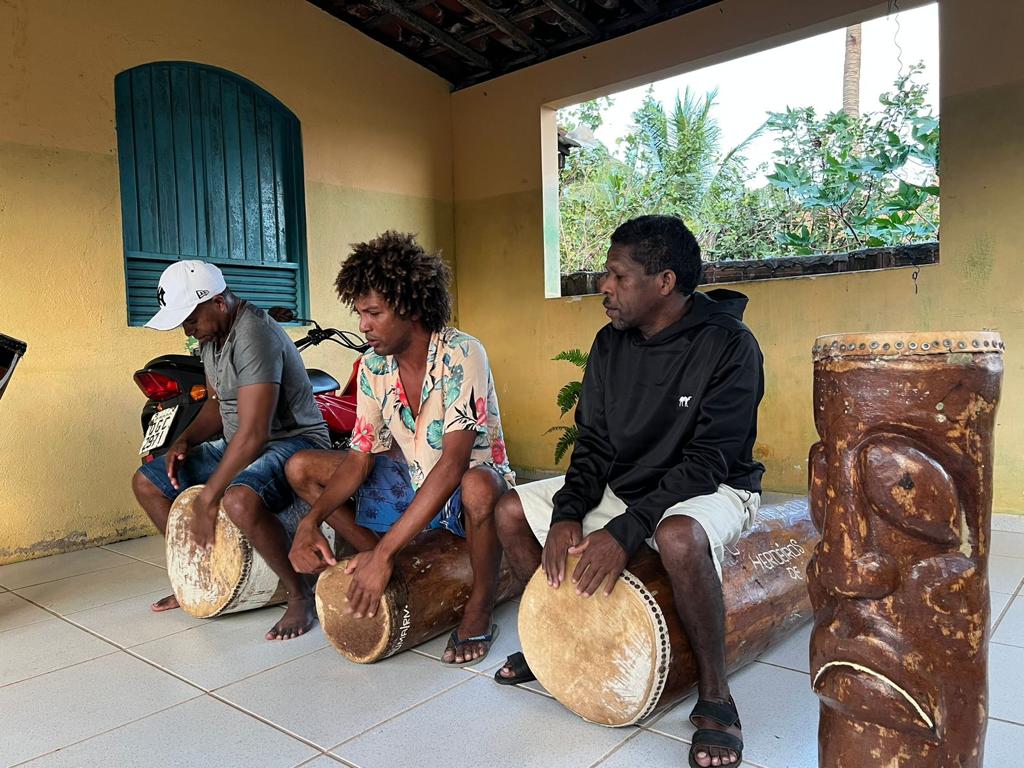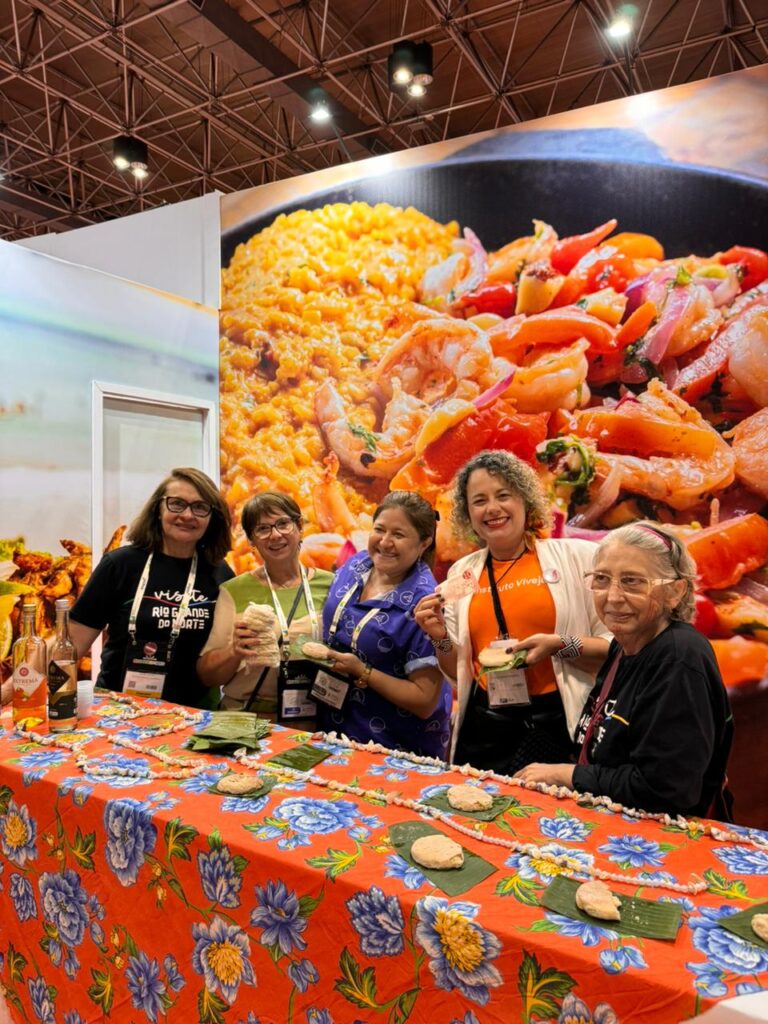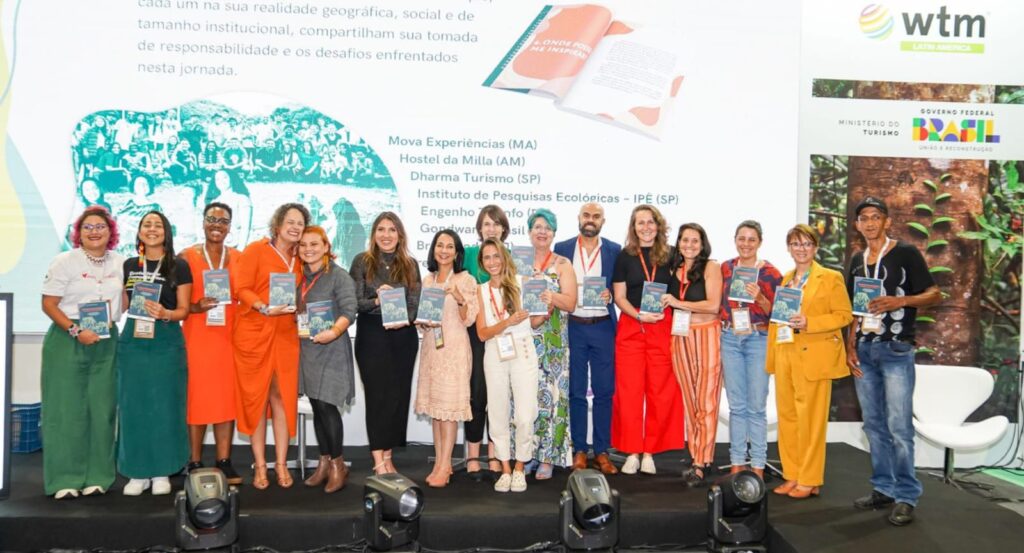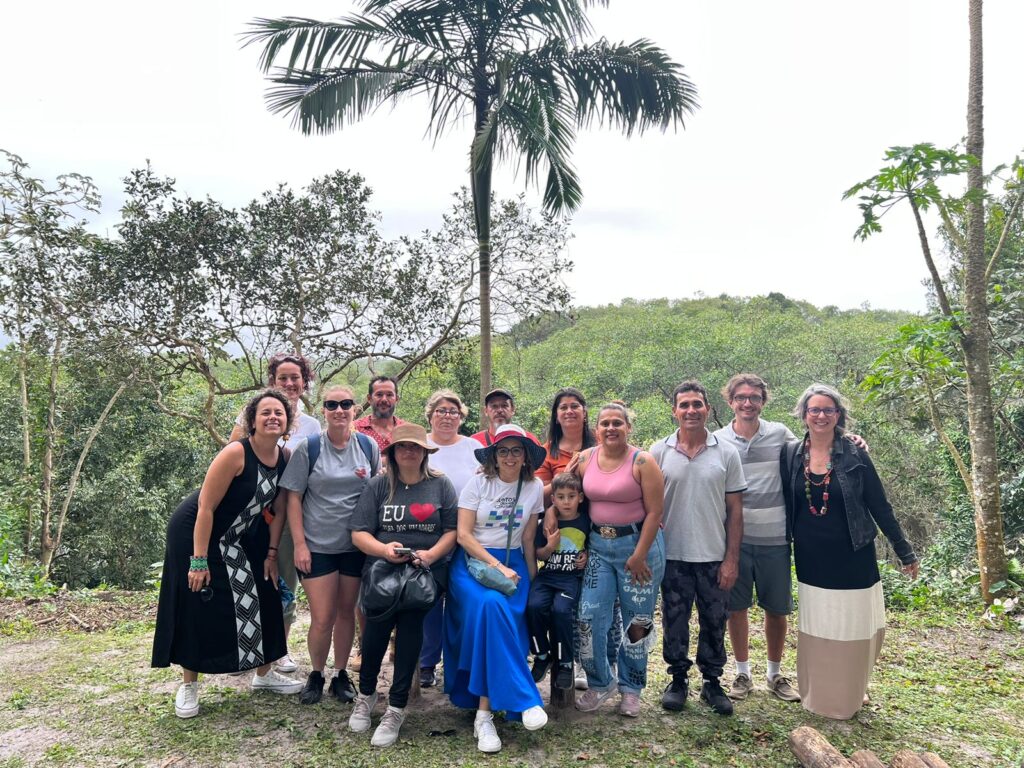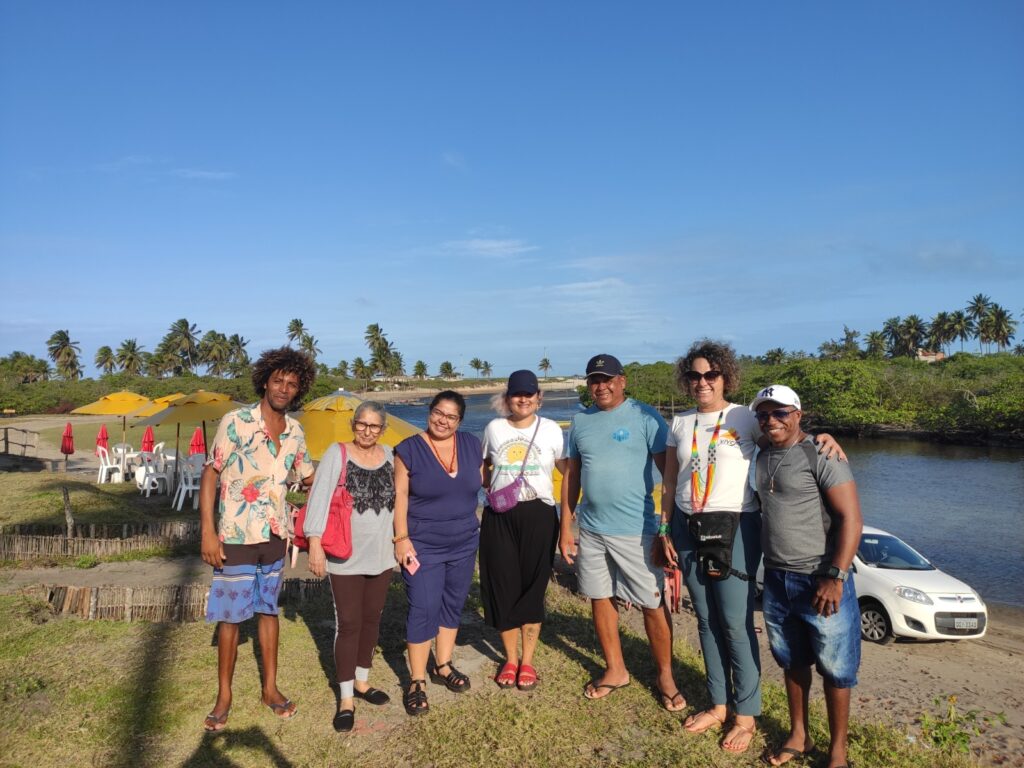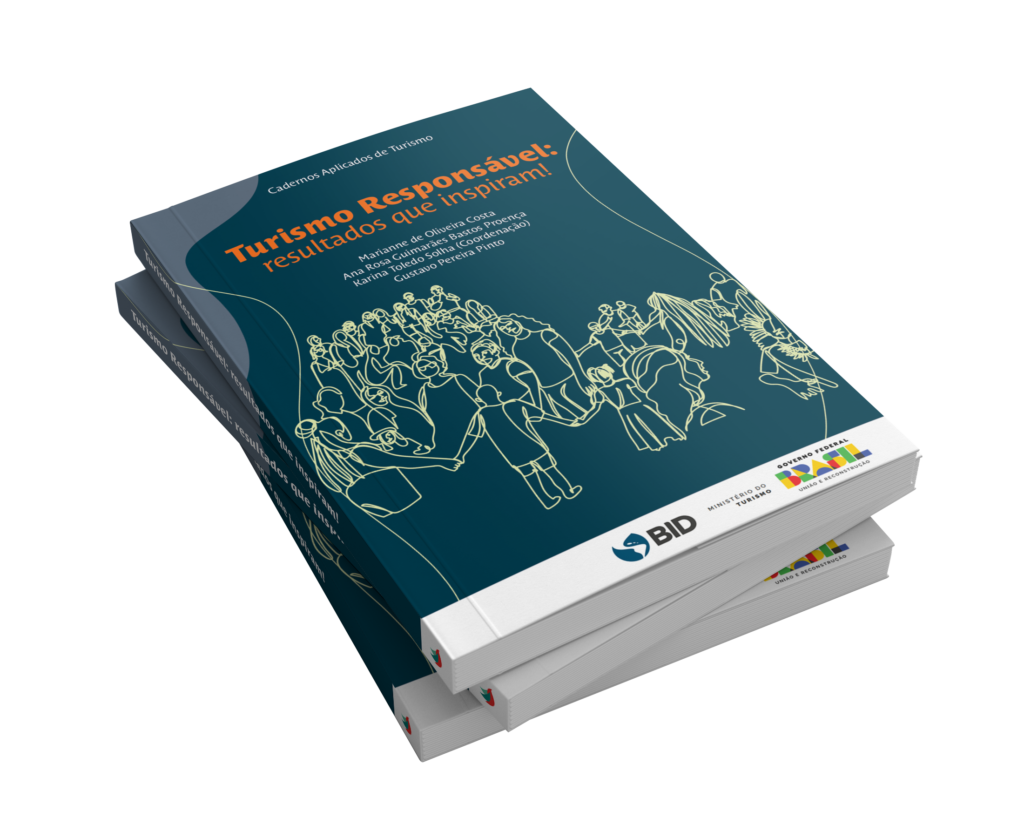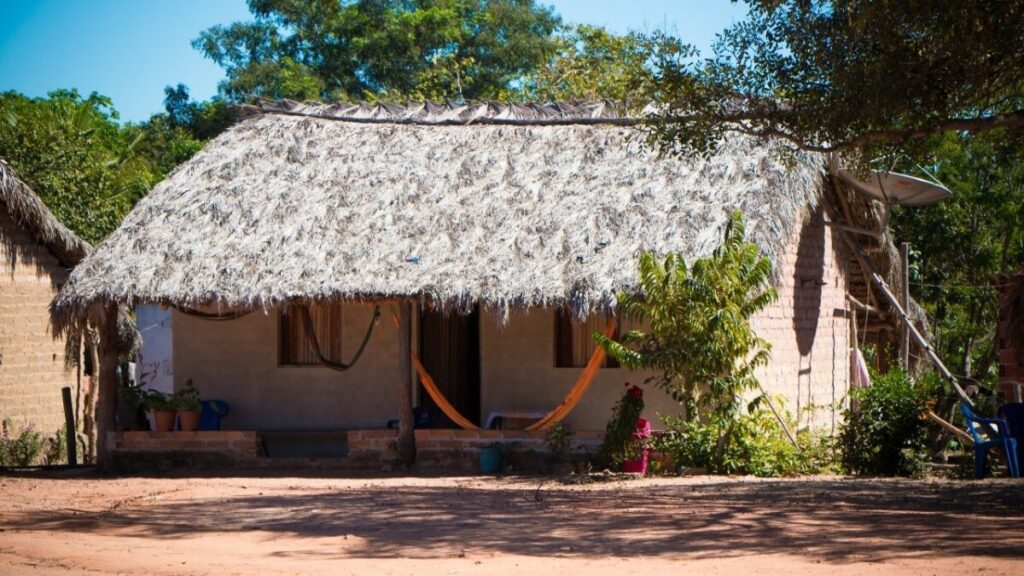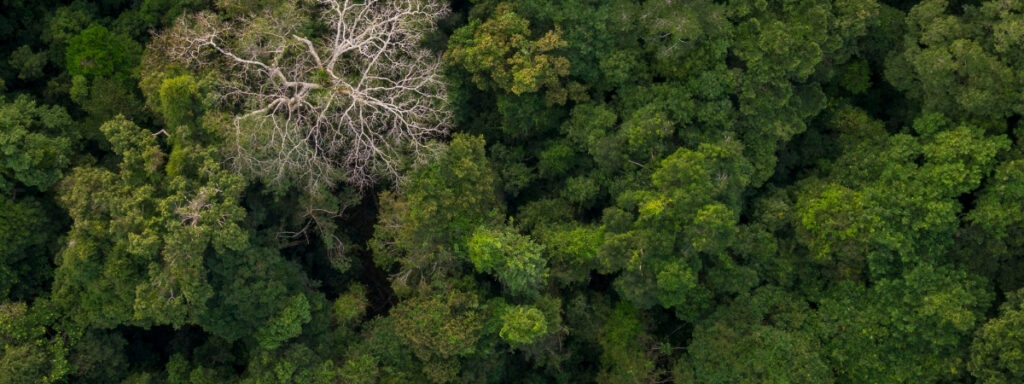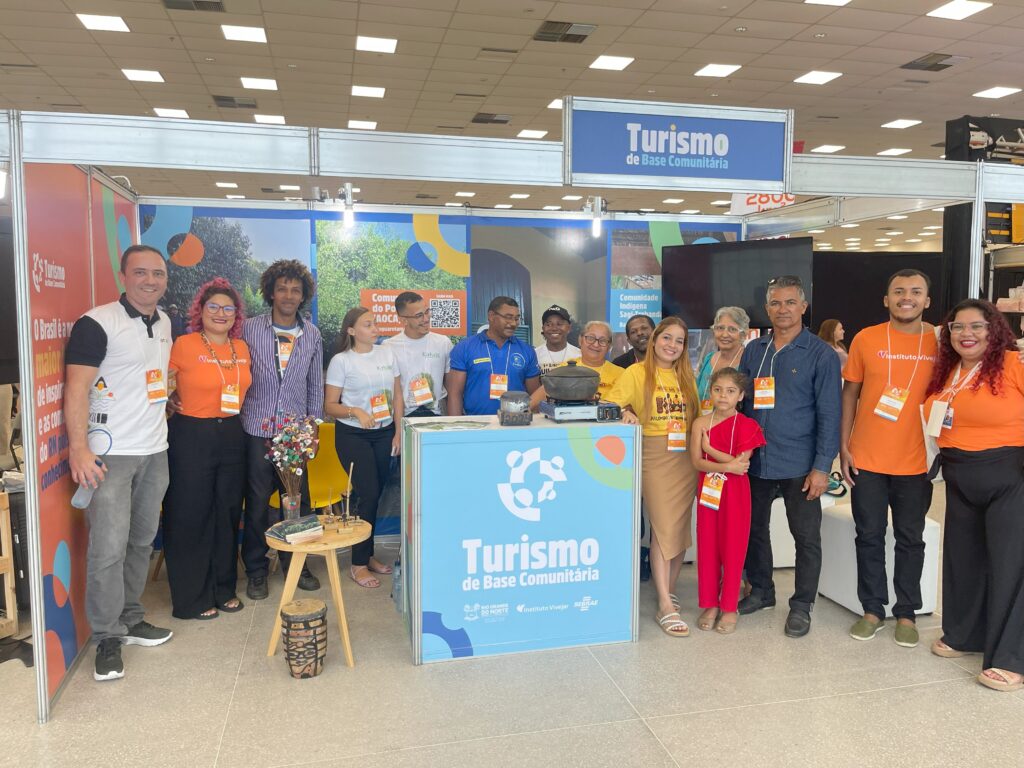Community-Based Tourism Development Project in Rio Grande do Norte
Challenge
Located in the Northeast region of Brazil, Rio Grande do Norte boasts a rich cultural diversity and natural wonders. Its traditional communities, often situated in coastal villages, rural backlands, or historic towns, offer visitors a glimpse into the authentic soul of the state.
These communities add authenticity to the tourist experiences, providing visitors the opportunity to immerse themselves in local customs, folklore, and cuisine. Visitors can participate in traditional rituals, learn crafts, or savor ancient recipes passed down through generations.
The State Tourism Secretariat and SEBRAE RN, aiming to expand tourism inland, diversify the tourist offerings, and support traditional communities, are implementing a CBT project with four traditional communities, executed by the Vivejar Institute. The four communities are located on the South Coast: Potiguara Katu Territory (Canguaretama/Goianinha), Porto Community (Canguaretama), Quilombola Community of Sibaúma (Tibau do Sul), and Indigenous Community of Sagi-Trabanda (Baía Formosa). The project involves 2 indigenous communities, 1 quilombola community, and 1 oyster farming community.
Solution:
The project began with an important and thorough diagnosis of the communities, partners, and institutions operating in these locations. After preparing and delivering a detailed report, activities to strengthen the collective and provide training were initiated, including workshops on community-based tourism, iconography, crafts, pricing, support in organizing local events, and accompanying leaders to industry events, among others. Throughout the meetings, our team promoted the collective design of customized tourist itineraries and experiences and supported each participant in preparing to operate these itineraries and meet the demands.
The project will be concluded with the completion of the participatory planning stages, documentation of the entire process, and a report with recommendations for next steps.
Results
- Communities Served: 4
- Workshops Conducted: 12
- Participants Involved: 68
- Female Participants: 88%
- Events Conducted (Participation and Support): 11

